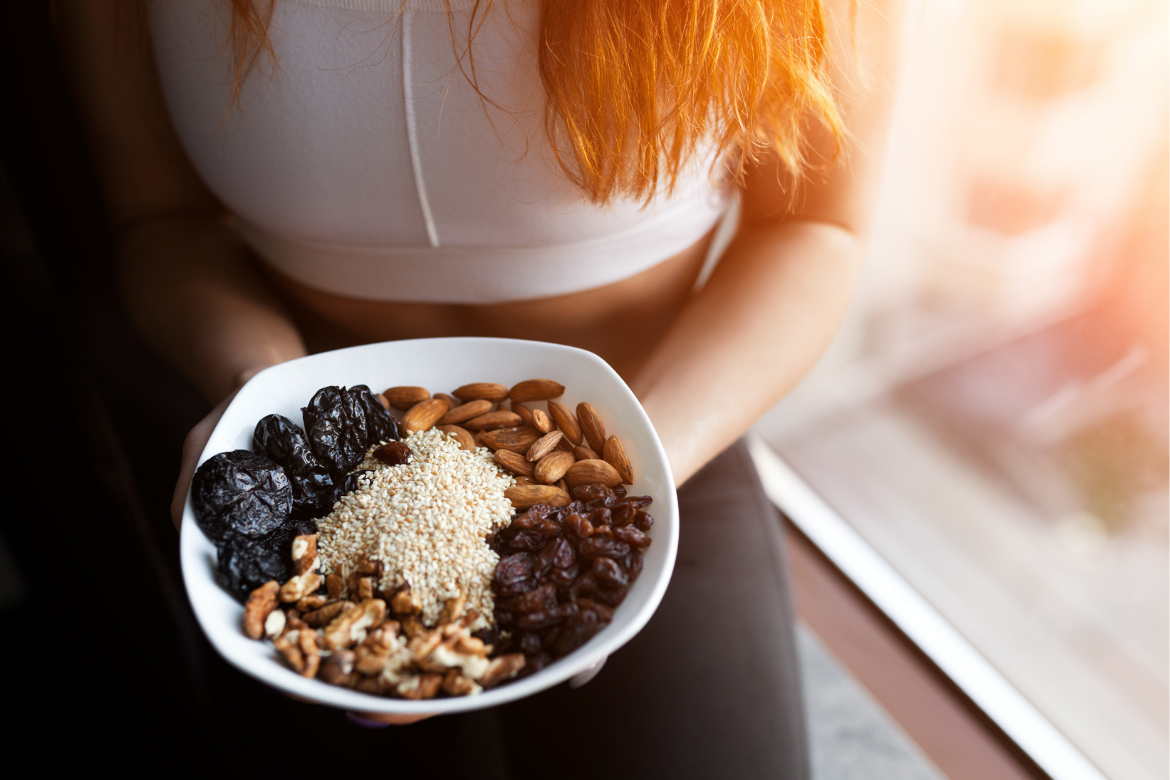
6 Ways Your Food Choices Can Help Lower Stress and Support Mental Health
by Counseling and Wellness Center of PittsburghOctober 21, 2021 Certified Nutritionist, dietician, dietitian, dietitian nutritionist, dietitian nutritionist near me, food for anxiety, food for depression, food for mood, healthy eating, healthy food, nutrition, Nutrition Counseling, Nutritionist, registered dietitian, registered licensed dietitian0 comments
There are no magic foods for boosting your mood. But when Registered Dietitian Kali Alrutz works with patients at the Counseling and Wellness Center of Pittsburgh, she often begins by telling them that a healthy diet can really help support their mental health, as well as their physical health.
Kidsburgh asked Alrutz for advice on how Pittsburgh families can use healthy food and drink to help...Learn More
28 Foods to Decrease Anxiety and Depression & Enhance Positive Moods
by Counseling and Wellness Center of PittsburghJuly 31, 2018 food for anxiety, food for depression, food for mood0 comments
Food & Mood Series by Liz Mckinney, CNS, Board Certified Nutritionist
“It is both compelling and daunting to consider that dietary intervention at an individual or population level could reduce rates of psychiatric disorders. There are exciting implications for clinical care, public health, and research” – editorial in the American Journal of Psychiatry...Learn More
